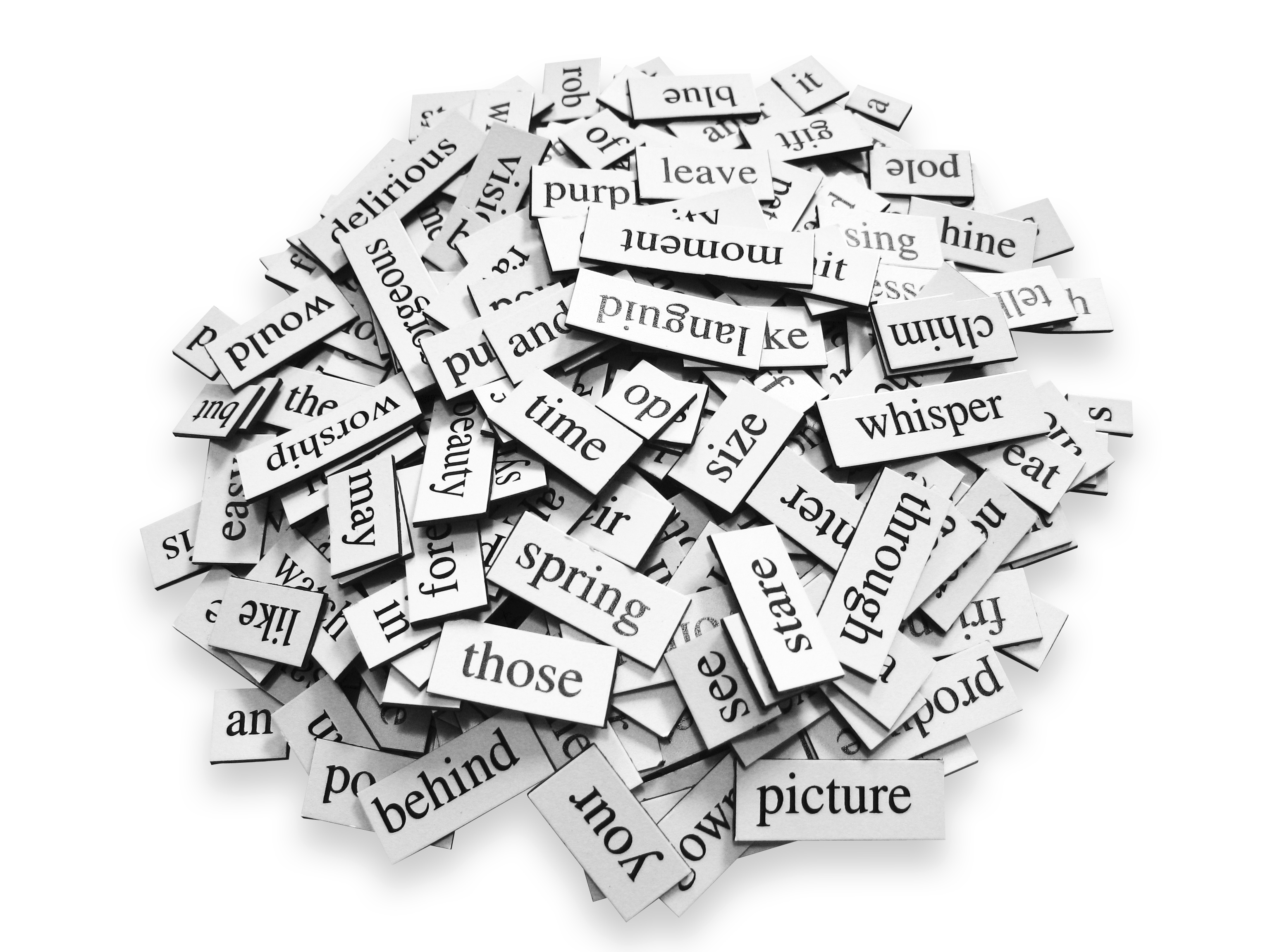Modern Language
Some of them literally slay.
By Andrew Mikula, Bates College
Every generation has its own vocabulary.
From supercalifragilisticexpialidocious to Manhattanhenge, the world is simply overflowing with amusing neologisms. Several hundred years ago, one man alone invented 1,700 of them. Words, phrases and abbreviations such as callback, cheesesteak, FYI, jeep, potty, radar, SNAFU and transsexuality were all coined in the year 1941.
However, even among all the generations of word inventors, millennials stand out. Not only has the internet allowed new words to be created and proliferated with record speed, but it has also allowed for the meaning of existing words to be permanently altered. Needless to say, such alterations have occurred in prior generations too. But instead of focusing on all the words millennials have popularized (from twerk to selfie), this article will instead list and explain how the culture of the internet, political correctness and the technological revolution have stretched the meanings of existing linguistic units.
1. Basic
Once an innocent word meaning “pivotal” or “elementary,” hip-hop culture has given “basic” a derogatory connotation. Associated with white, upper-middle class females, “basic” slams those whom it describes as conformist and unappreciative of diversity. Some claim that the term was originally intended to mean “unsophisticated,” which is not so far off from its (actual) meaning of “elementary.”
2. Busted
The term “bust” was first derived as a variation of “burst,” meaning “to split or open.” According to some modern sources, “busted” also means “very ugly.” This new definition of the word is almost exclusively used with the past tense, and probably originates from a separate meaning of “bust” roughly equivalent to “to ruin.”
3. Fail
Perhaps the online obsession with “fails” of circa 2010 didn’t change much about the definition of the word “fail” itself. But what it did do was change fail’s part of speech. While the noun form of “fail” was previously considered to be “failure,” the word’s usage subtly changes when you say “the entire essay was such a fail.” Congratulations, millennials. For all the nouns you’ve turned into verbs (tweet, text, Google, etc.), you’ve also managed to turn a verb into a noun.
4. I can’t even
I suppose the phrase “I can’t even” didn’t have any intrinsic meaning before the age of the internet, but at the very least it was usually followed by some more words. While “I can’t even” is not a proper sentence by any means, those 3 words in isolation have come to indicate speechlessness or shock, even if the activity you wanted to do (before you were somehow inhibited) is never indicated.
5. I don’t know
Probably more familiar to millennials in the form IDK, this 3-word phrase has become significantly trivialized by its use in texting lingo. I had a 20-something English teacher in high school who would almost use the phrase with pride, thrilled with the potential for learning something new. He then proceeded to look up the item of interest online (where else?), and it seemed to be a kind of magic that allowed a lapse in knowledge to yield a renewed passion for pursuing learning.
6. Just kidding
This is yet another term that has been trivialized by its role in internet shorthand. It has evolved from being a mild-mannered way of revealing a joke or prank to serving as a humorous deflection after you’ve made a mistake.
7. Like
Wikipedia is the first to acknowledge that “like” has “a very flexible range of uses.” Well-established as a comparative term, the new “quotative like,” having originated in the 80s, is an informal way of approximately paraphrasing someone’s speech. “She was like…” shares a comparative sense in that it can be slightly altered to read “She said something similar to…” with “similar to” serving as a traditional definition of “like” anyway.
8. Literally
Literally now means figuratively. Enough said.
9. Marriage
Traditionally between a man and woman, marriage was forever altered by the 2015 Supreme Court decision that legalized gay marriage across the United States. A second clause has now been added to Merriam Webster’s definition: “a similar relationship [as traditional marriage] between people of the same sex.” As nice as it is to be able to use the new-fangled usages of “basic” and “I can’t even,” this new meaning is a bit more profound.
10. Ratchet
Similar to “basic” in many regards, “ratchet” as a slang term has its roots in hip-hop culture. In the “olden days” (that is, before 2012), a “ratchet” referred to this trinket that looks like it came out of my dad’s tool cabinet. It has since been adopted, first by rap artists, as a seemingly derogatory term for women and then later, by pretty much everyone else, as a complimentary term denoting someone’s urban flair.
For many, mainstream-ifying terms like “ratchet” cause cultural appropriation concerns to surface. In fact, ratchet’s new definition is not all that different from the way the word “ghetto” has been used for the last 20 years or so.
11. Slay
“Slay” is an intriguing example of when bad words go good. It once meant “to kill.” It has historically had a connotation of overwhelming someone in almost any regard, not just with violence but also with humor and amusement.
The term has most recently been employed by the gay community as a generalized verb to indicate a high-quality performance. This modern form of “slay” is often considered to have been popularized by YouTube personality Tyler Oakley.
12. Swag
Earlier in this article, I claimed that “Every generation has its own vocabulary.” It also seems that every generation has its own word for “cool.” “Groovy” is an infamously outdated one. But millennials have widely spread the current definitions of “dope” and “swag.”
If nothing else, these words continue a decades-long tradition of youth turning words meant to insult and shame into words of praise. “Dope” once referred to illegal drugs. “Swag” once referred to stolen goods. However, today they are both adjectives indicating an urban sense of style, just like “fresh,” “fly” and several others.
I’d like to thank UrbanDictionary.com for sponsoring this week’s article. I can feel the sellout accusations coming already.
In all seriousness, I hope you find the etymologies of slang words as amusing as I do. With a little haste, the internet can create as many new dictionary entries as William Shakespeare did by the end of the century.










[…] 12 Words and Phrases That Millennials Have Completely Redefined […]
The fastest way to conquer a people is to destroy their language.
[…] commonly-used words can change meanings in the language of younger generations. When stating that your product represents a “basic” […]